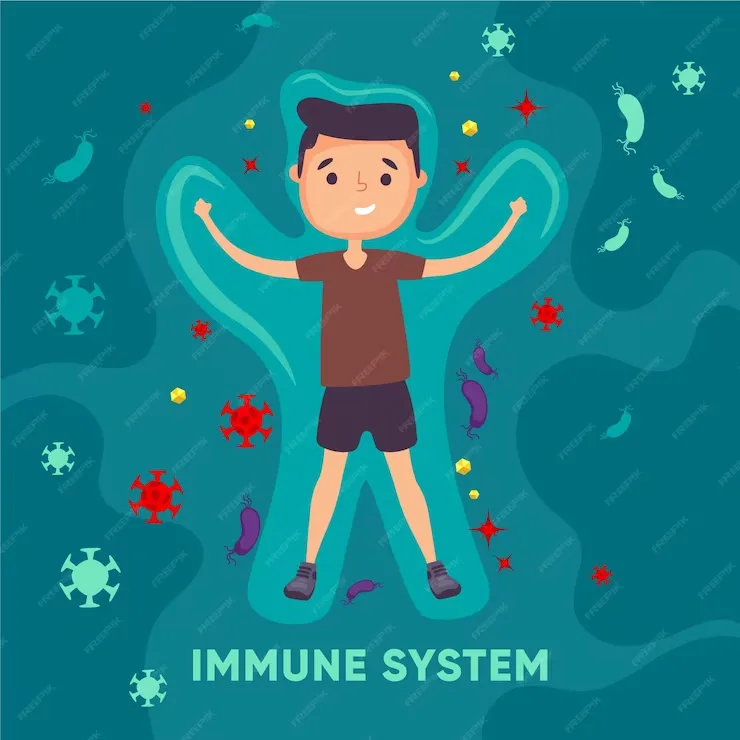The immune system disorders, our body’s intricate defense network, safeguards us from infections and diseases. However, like any complex system, it can malfunction, leading to a range of disorders.
Two Main Categories:
Immune system disorders fall into two main categories:
- Overactive immune response: This occurs when the immune system reacts excessively to harmless substances, triggering conditions like allergies and asthma.
- Weakened immune response: This happens when the immune system fails to fight off infections effectively, making individuals susceptible to frequent illnesses or serious infections.
Common Immune System Disorders:
- Autoimmune diseases: These occur when the immune system mistakenly attacks healthy cells, causing conditions like rheumatoid arthritis, lupus, and type 1 diabetes.
- Immunodeficiency disorders: These disorders weaken the immune system, making individuals more prone to infections. Examples include HIV/AIDS, severe combined immunodeficiency (SCID), and common variable immunodeficiency (CVID).
- Hypersensitivity reactions: Also known as allergies, these reactions involve an exaggerated immune response to typically harmless substances like pollen or dust.
Symptoms and Diagnosis:
Symptoms of immune system disorders can vary significantly depending on the specific condition. However, some common signs may include:
- Frequent infections
- Fatigue
- Fever
- Swollen lymph nodes
- Skin rashes
- Autoimmune-specific symptoms like joint pain or organ dysfunction
Diagnosis typically involves a combination of medical history, physical examination, blood tests, and sometimes, specialized tests like allergy skin testing or bone marrow aspiration.

Treatment Options:
Treatment depends on the specific disorder and its severity. Common approaches include:
- Medications: Various medications can be used, including immunosuppressants to suppress an overactive immune system, antibiotics to fight infections, and allergy medications to manage symptoms.
- Lifestyle modifications: Maintaining a healthy lifestyle with proper diet, exercise, and stress management can support the immune system.
- Stem cell transplantation: In some severe cases, such as SCID, a stem cell transplant can replace the patient’s dysfunctional immune system with healthy stem cells.
Living with an Immune System Disorder:
While some immune system disorders can be life-threatening, many can be effectively managed with proper treatment and lifestyle changes. Early diagnosis and ongoing medical care are crucial for managing these conditions and improving patients’ quality of life.
